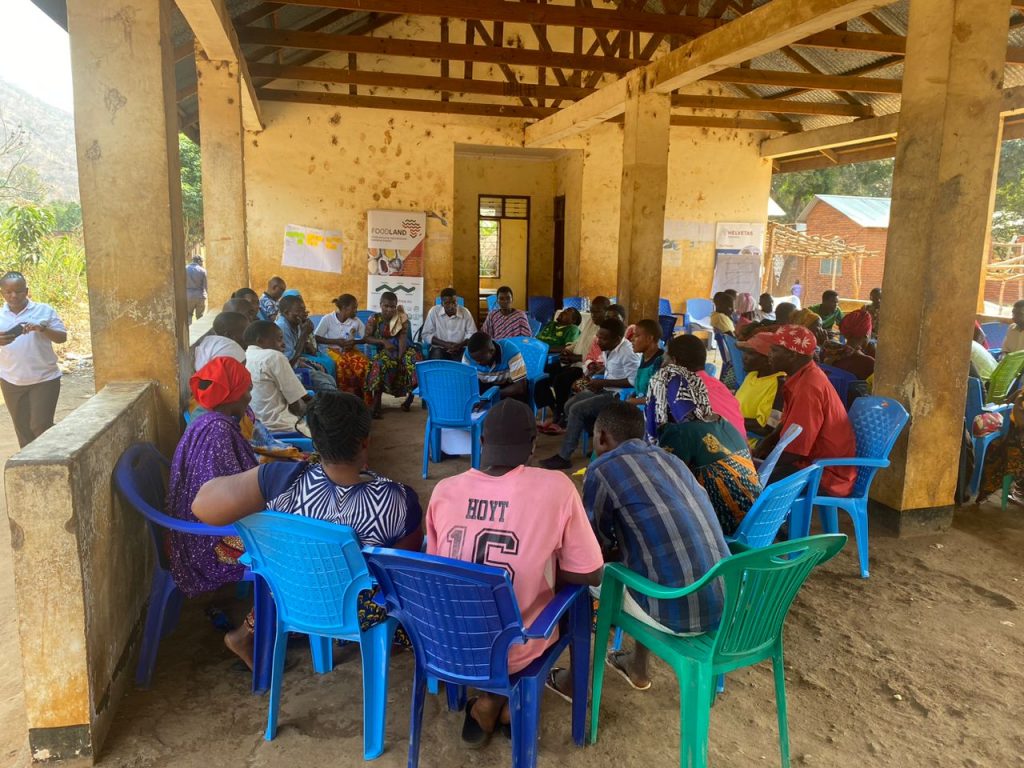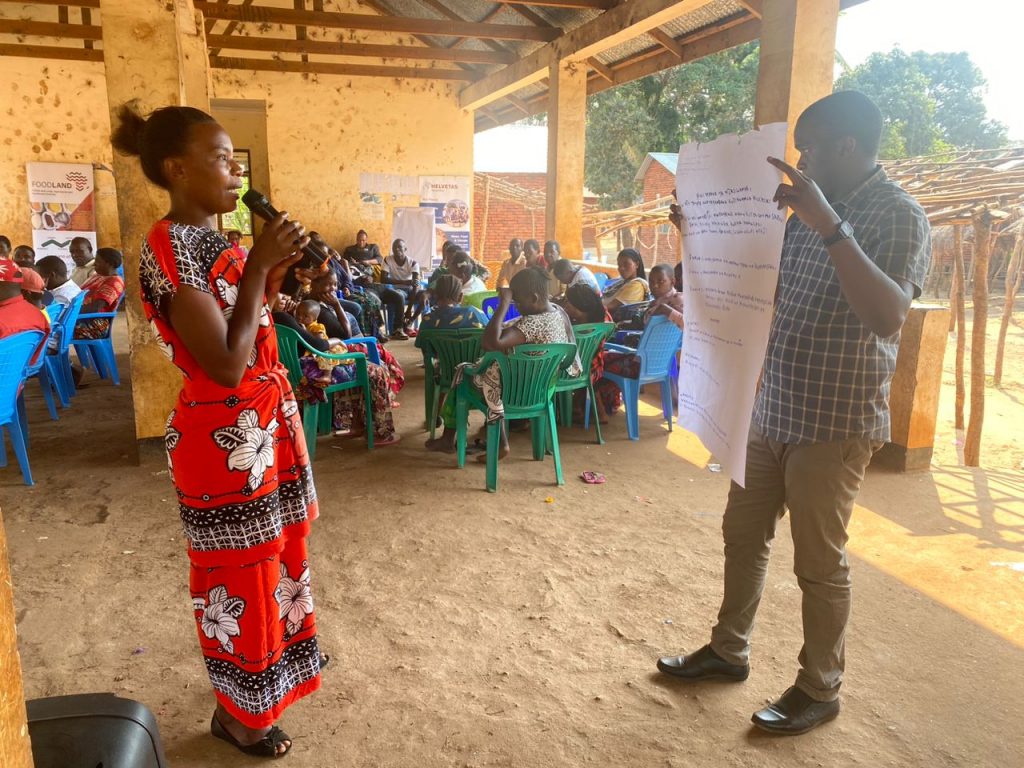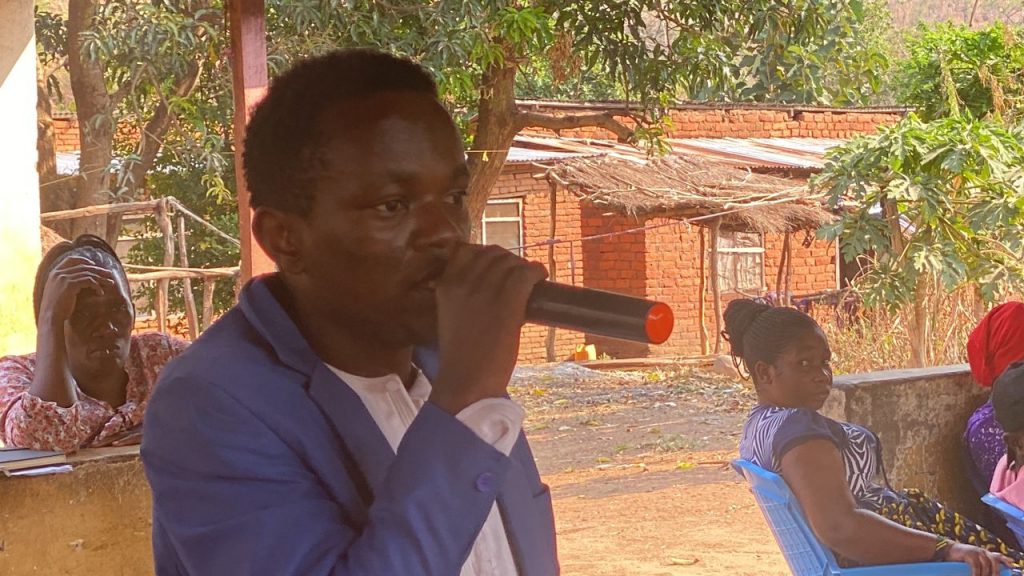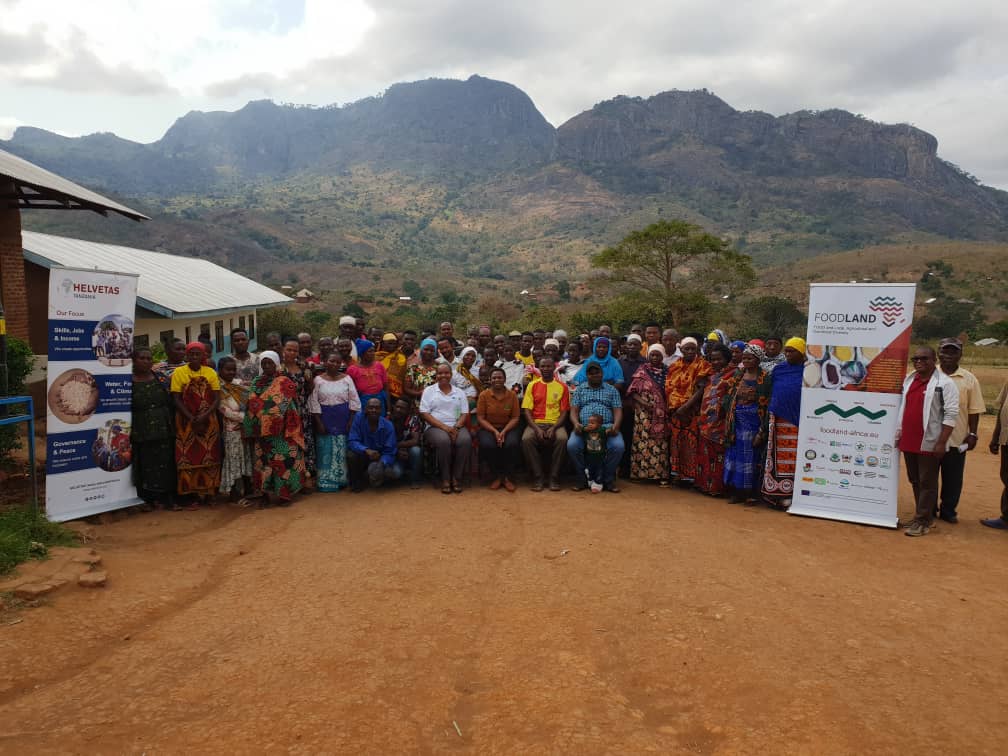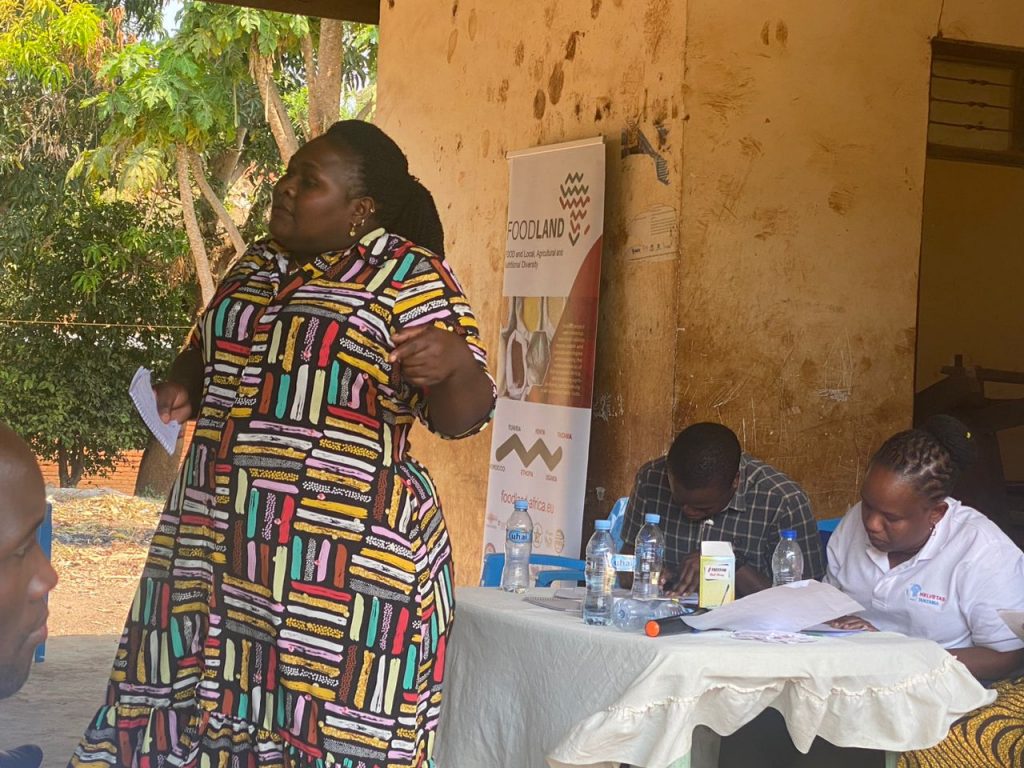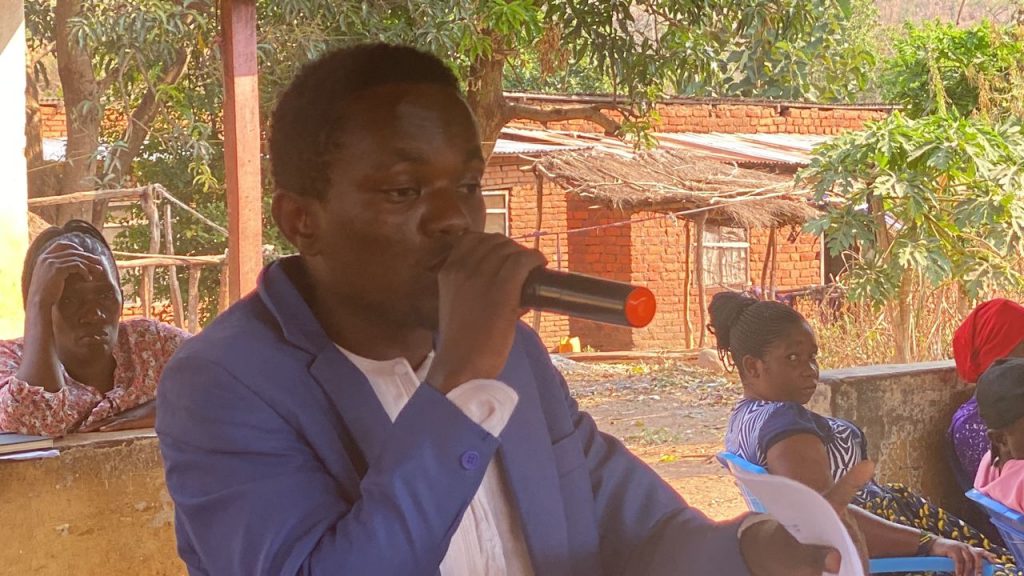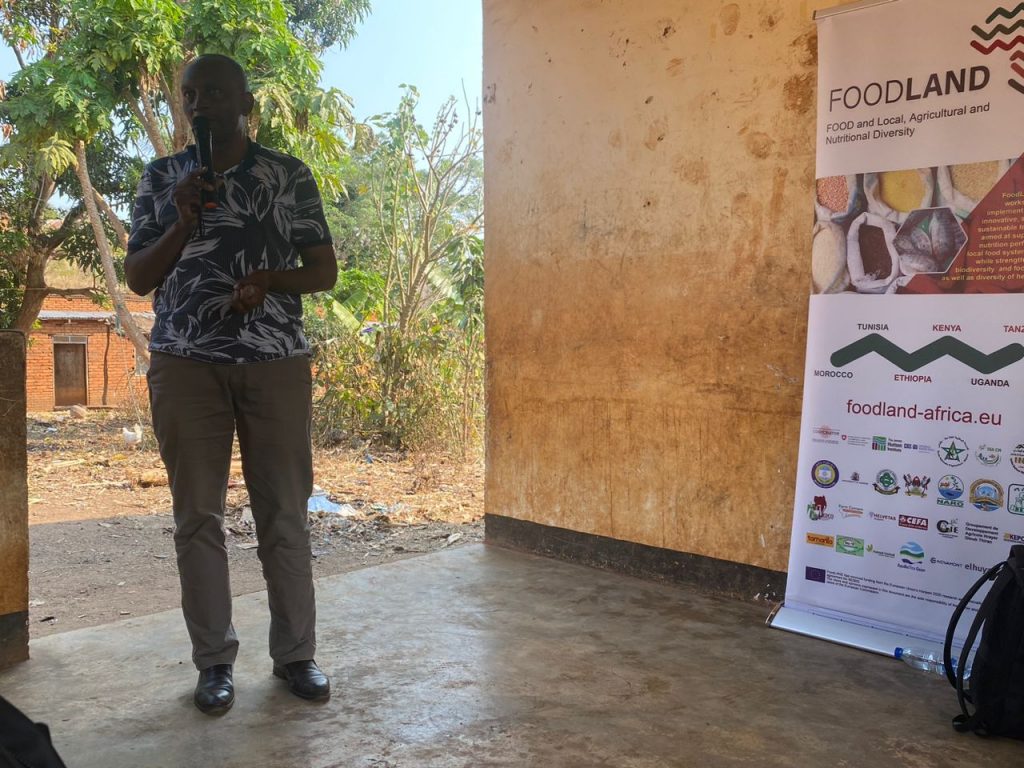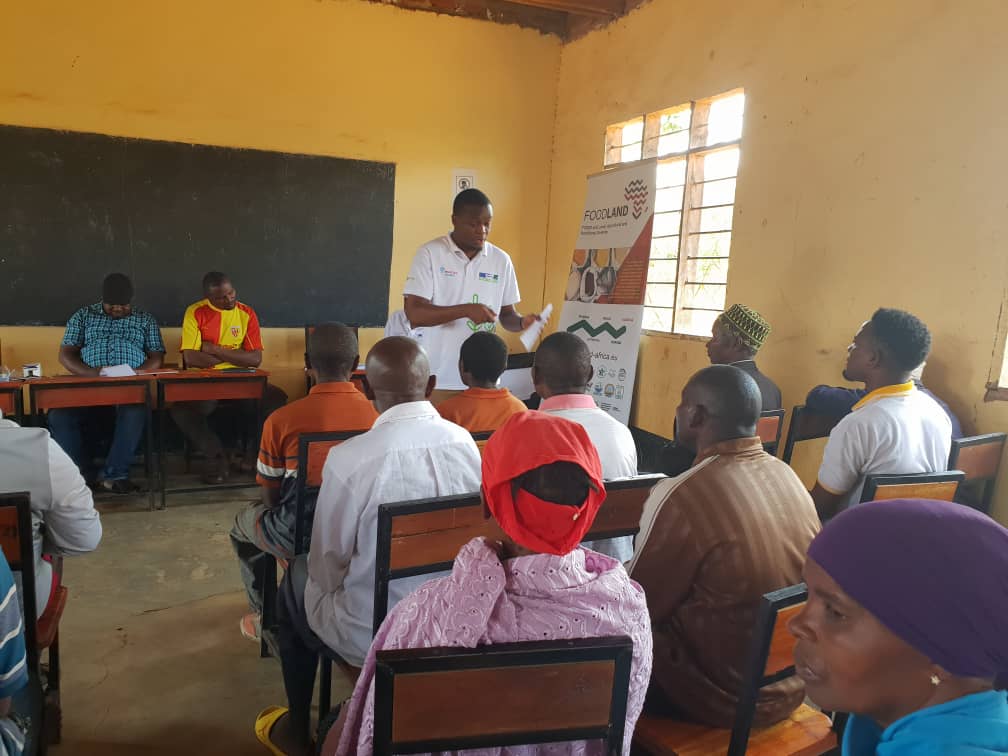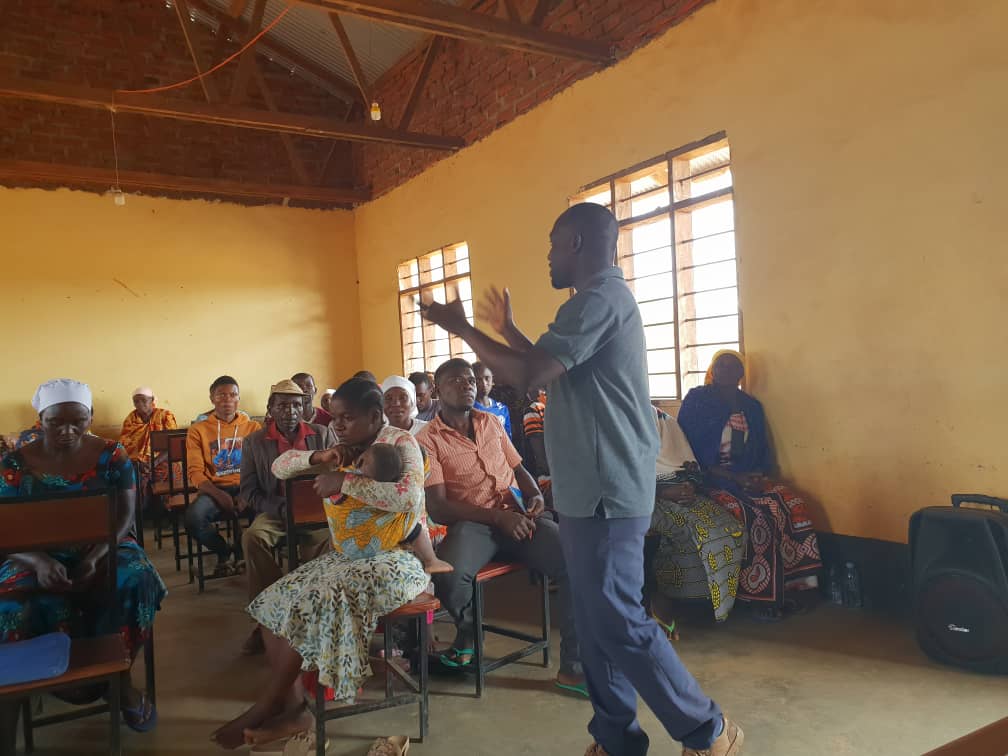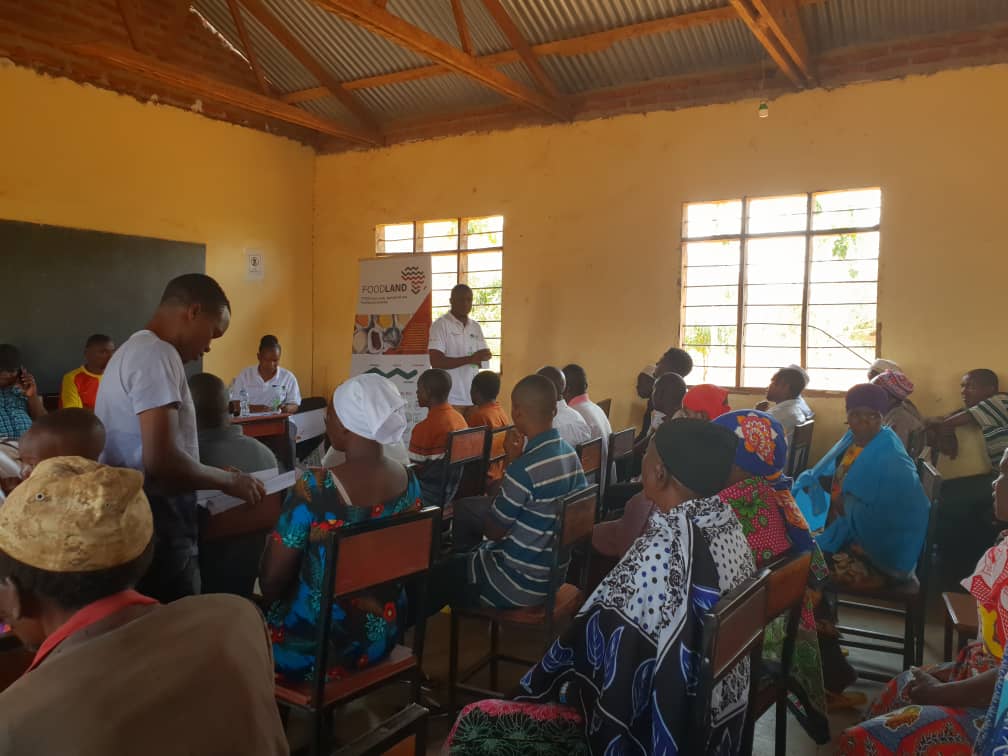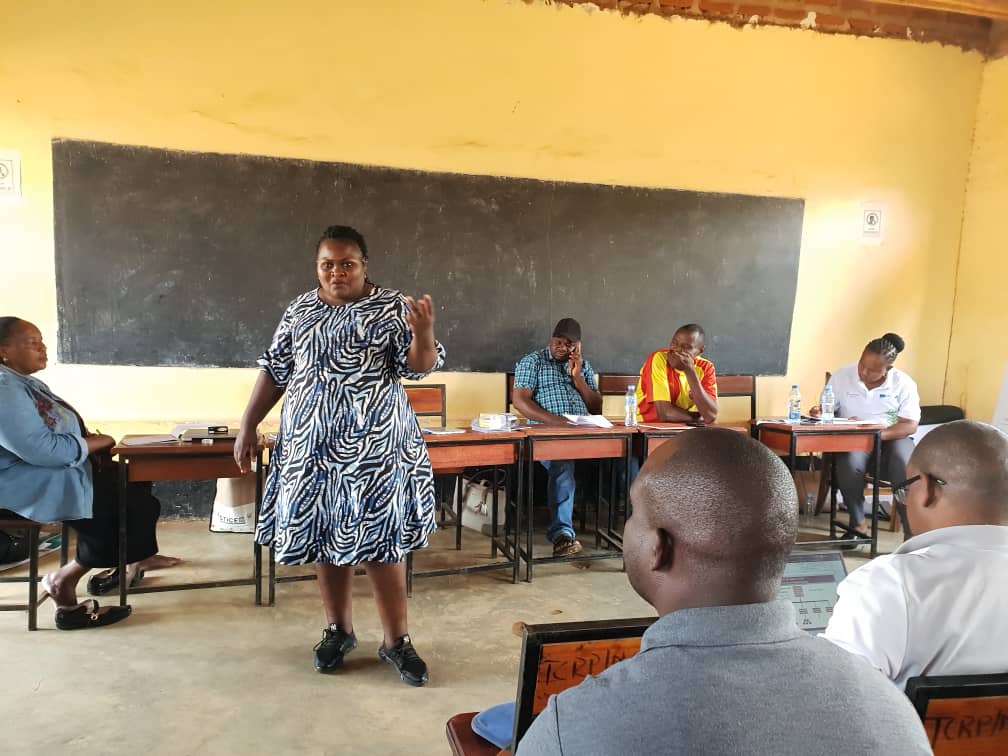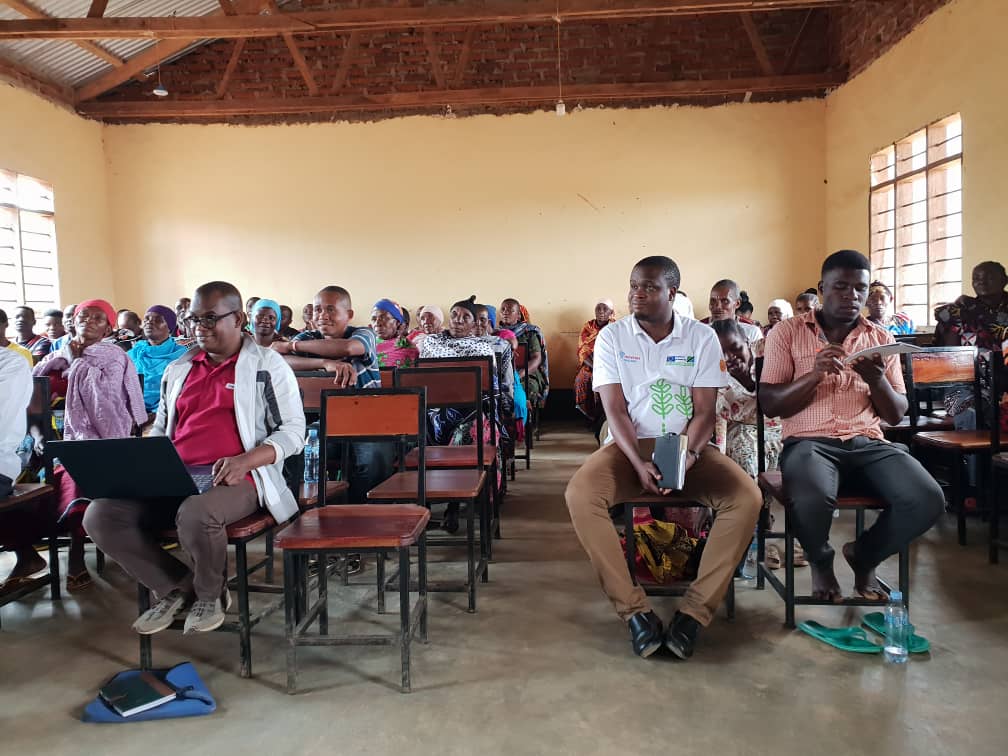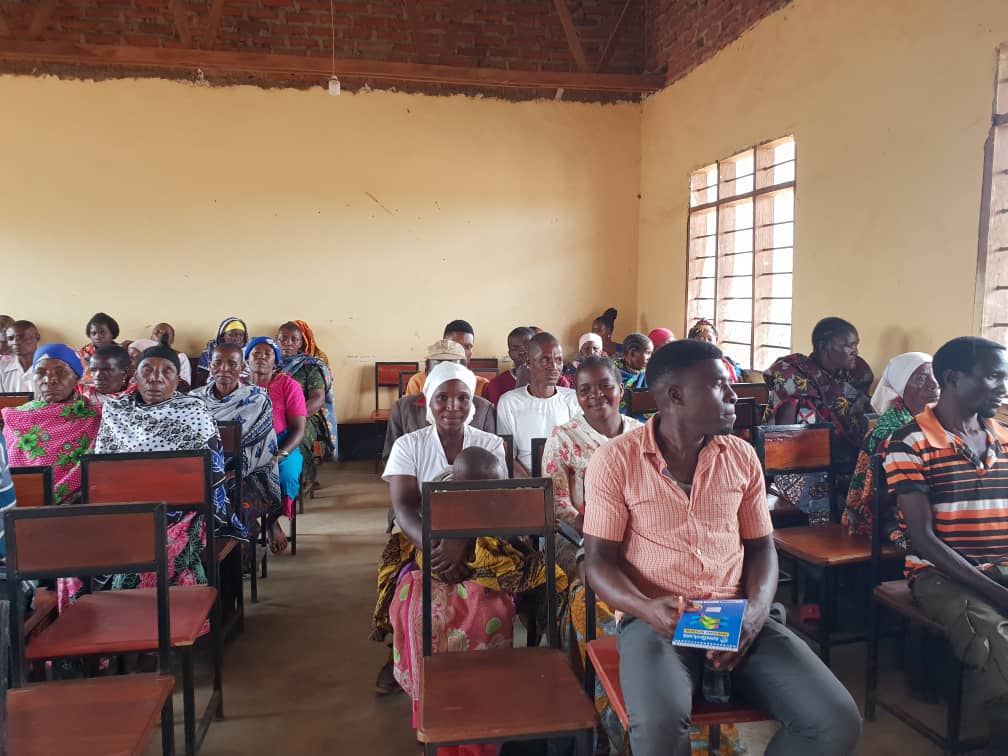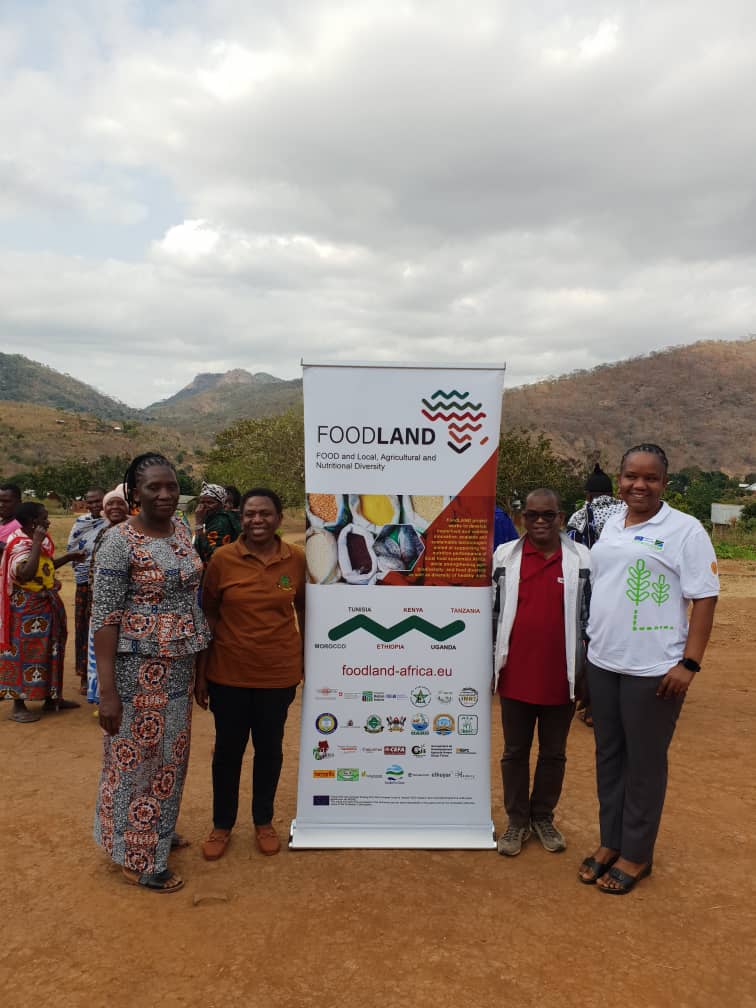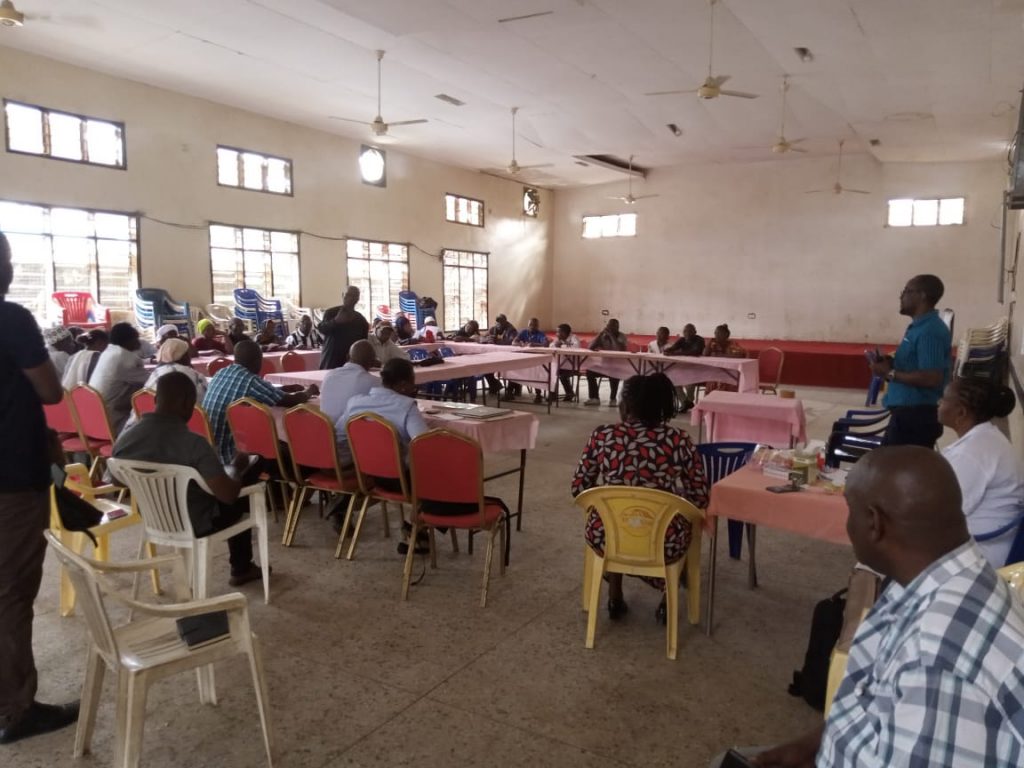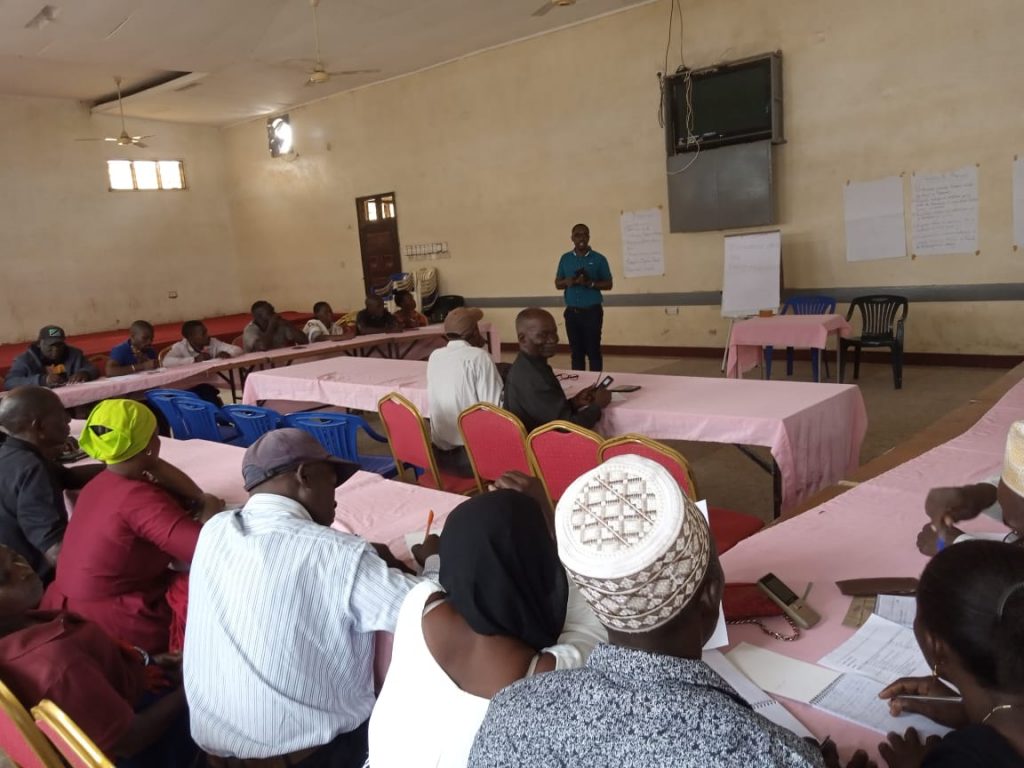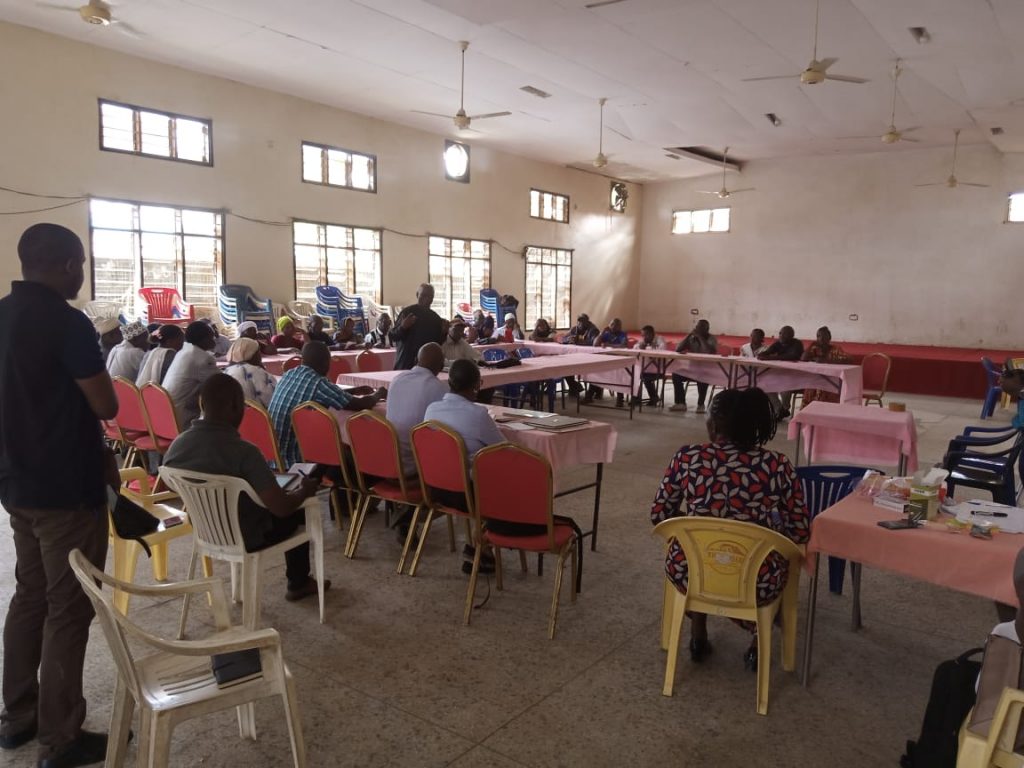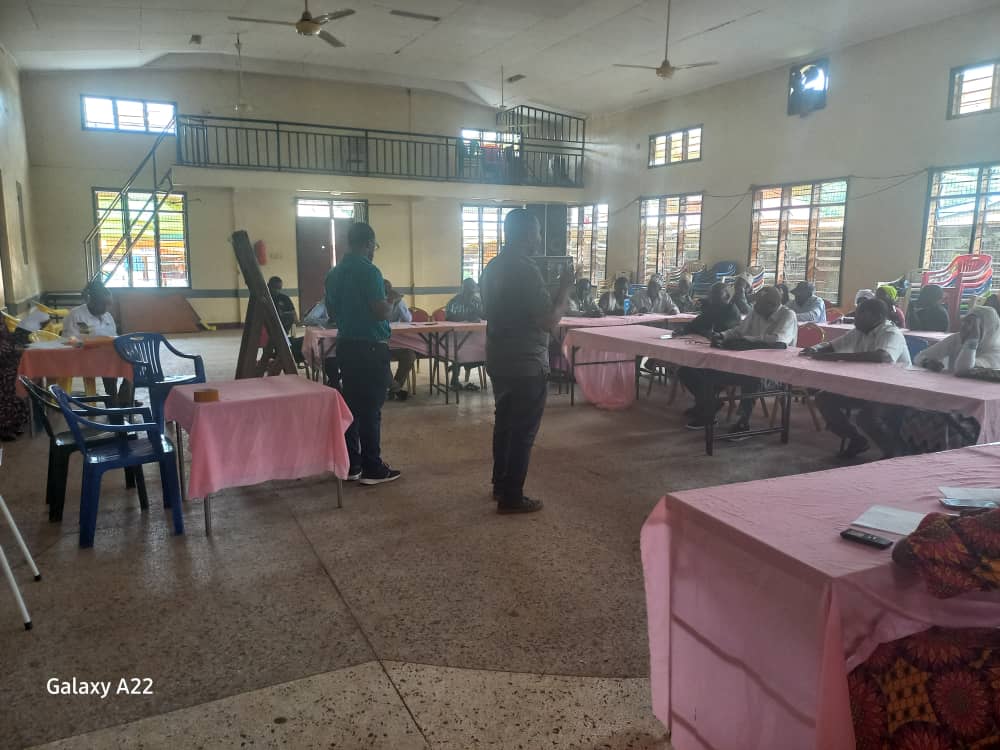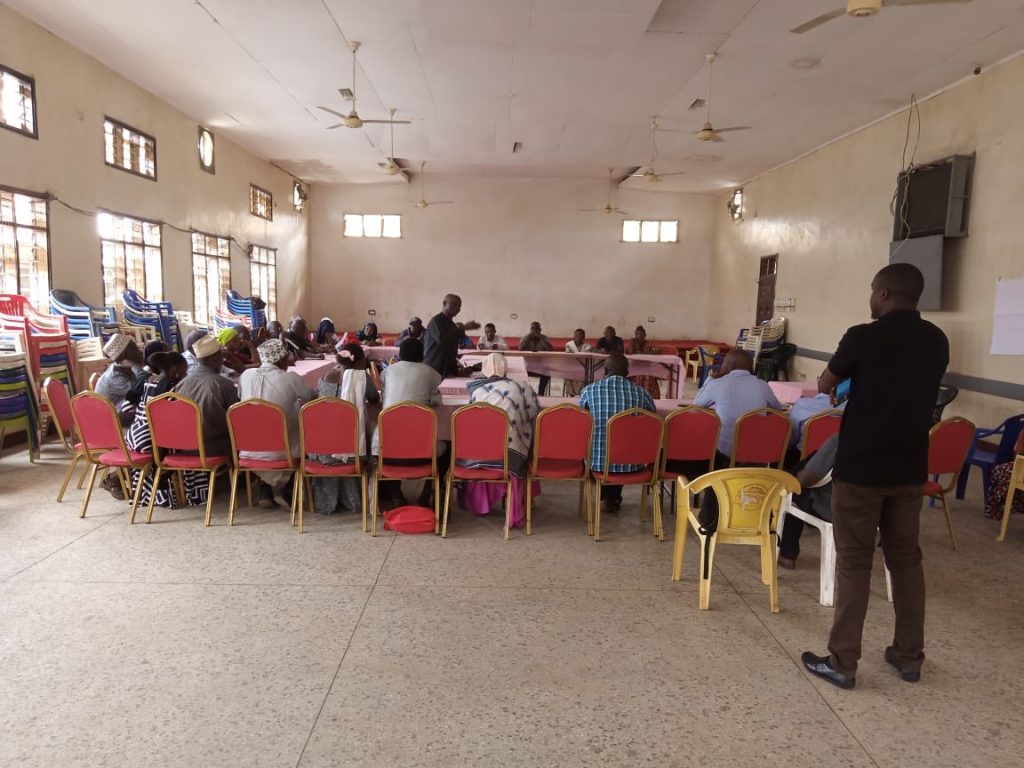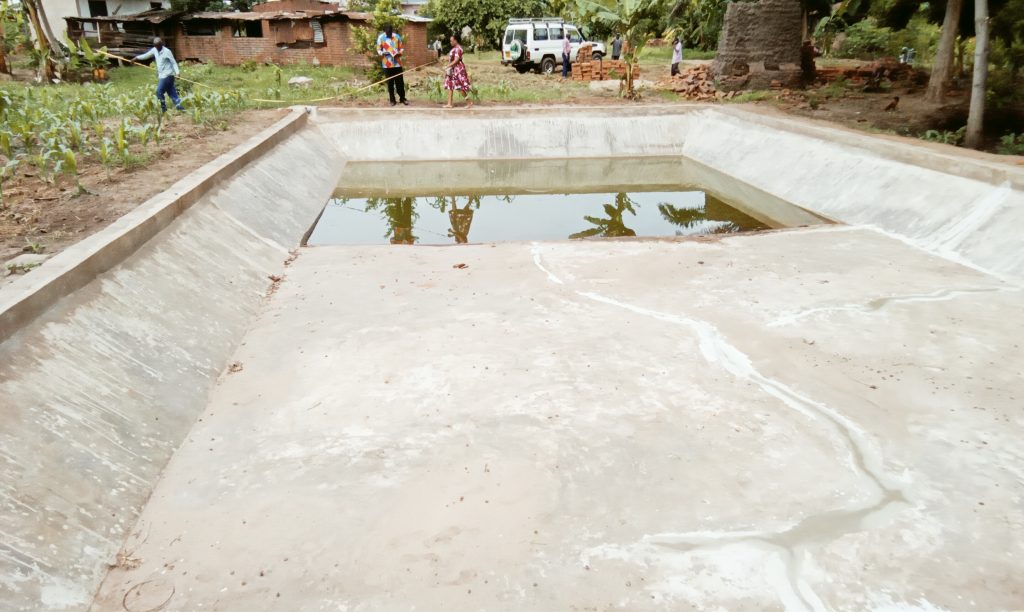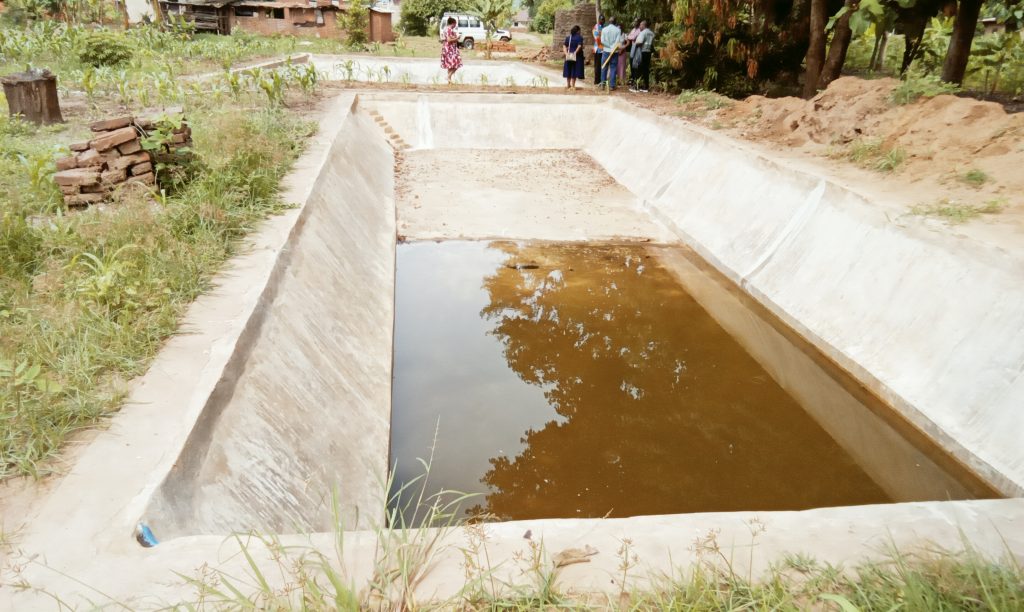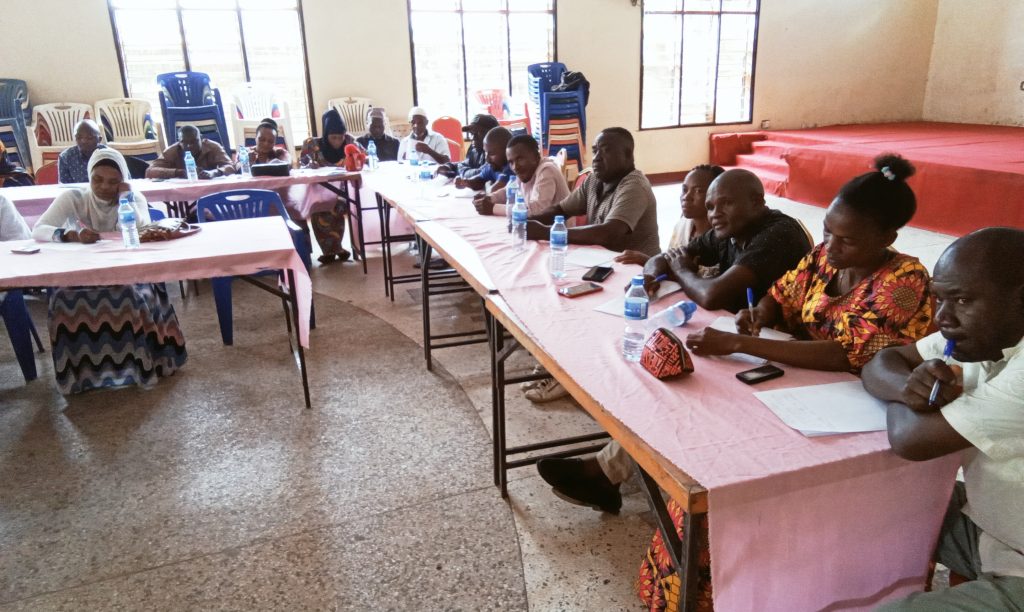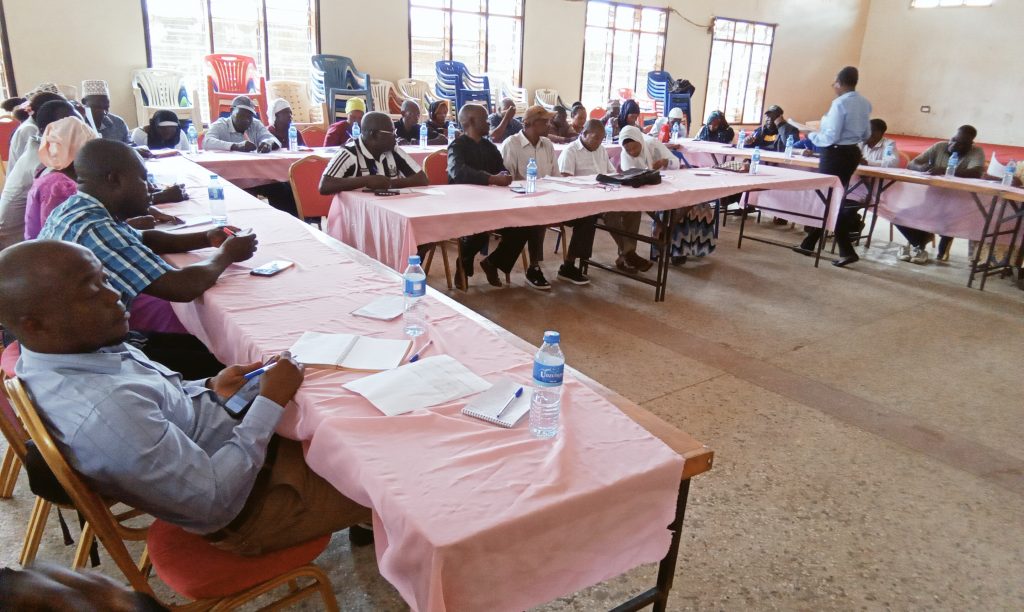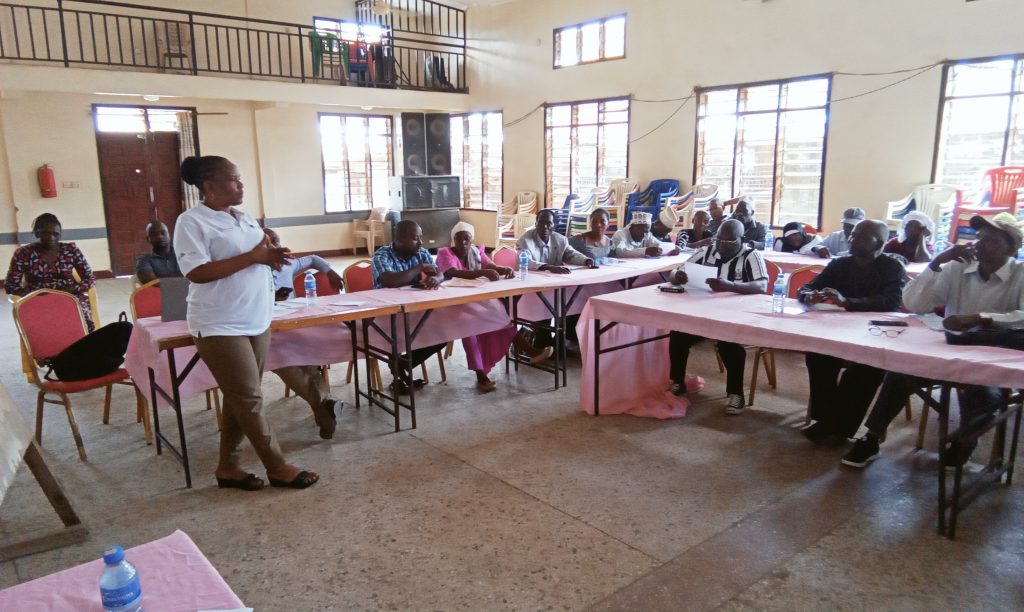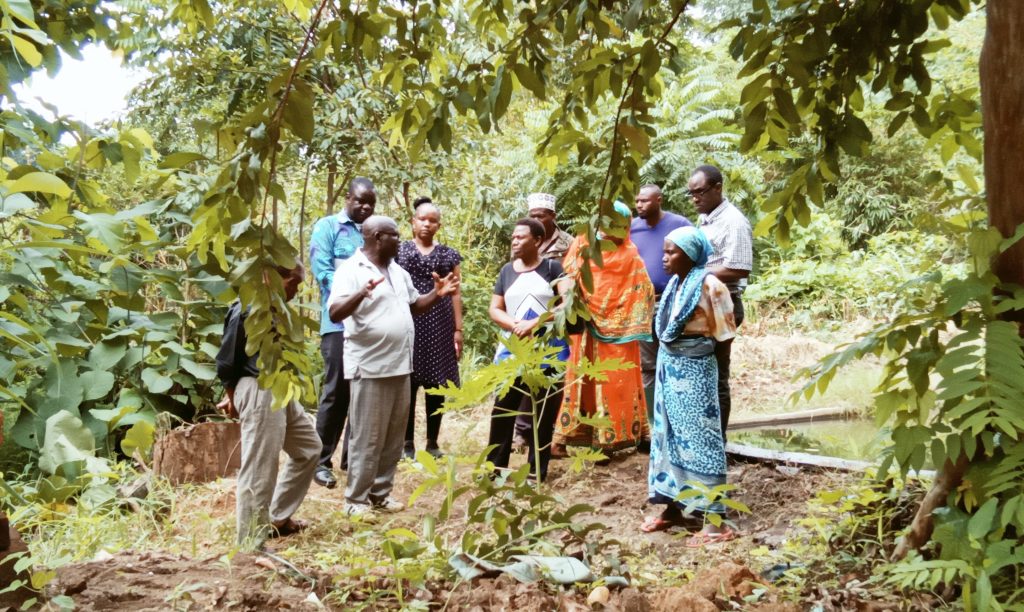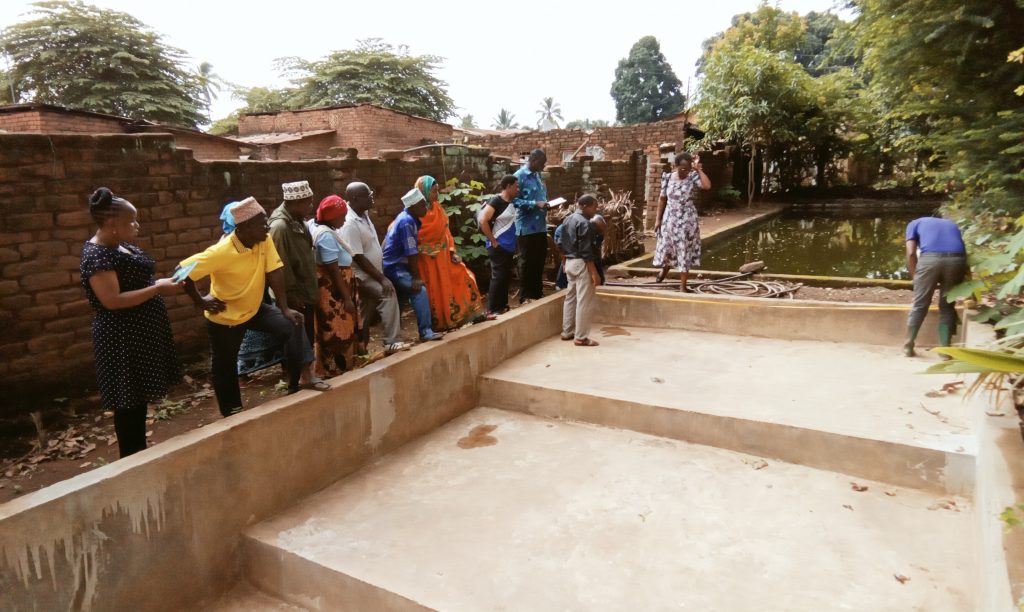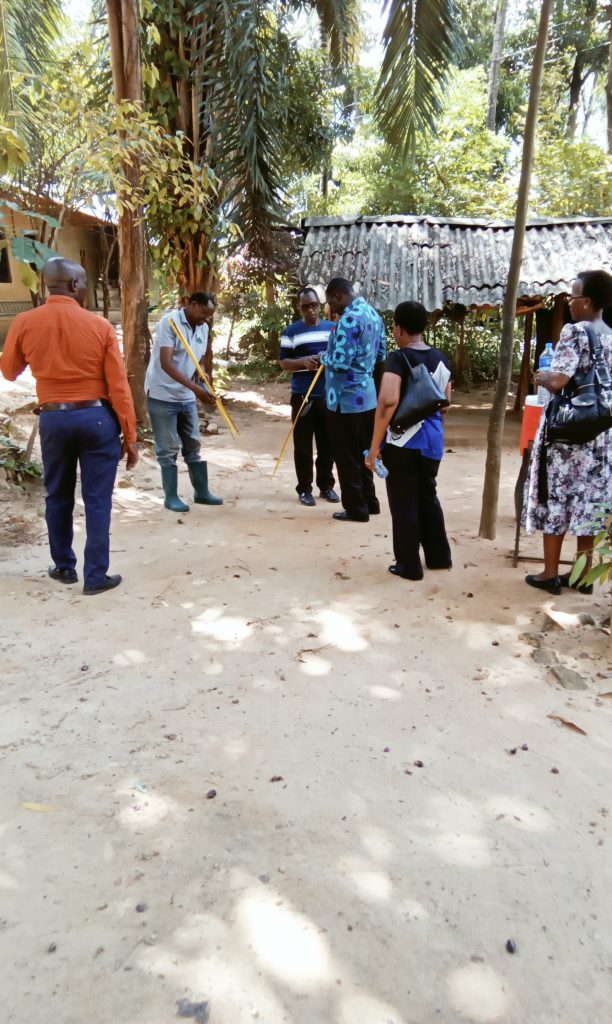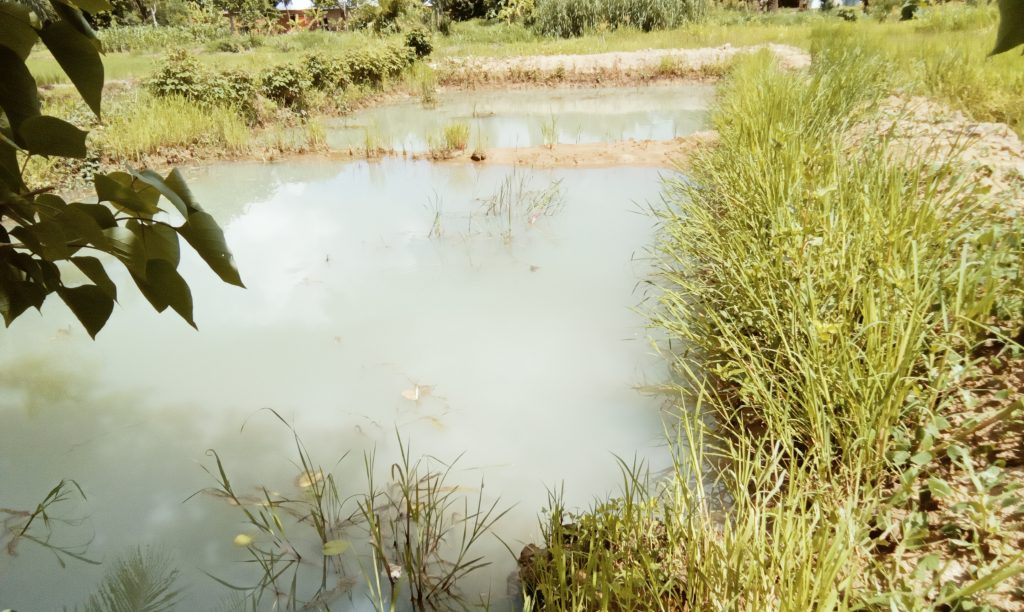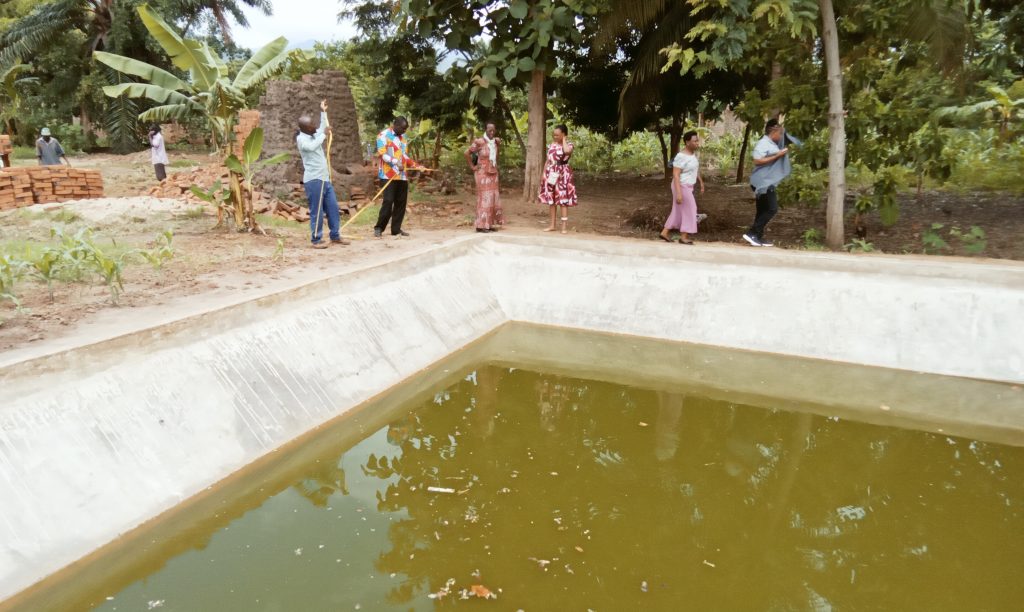Women in Tanzania empowered by the FoodLAND project
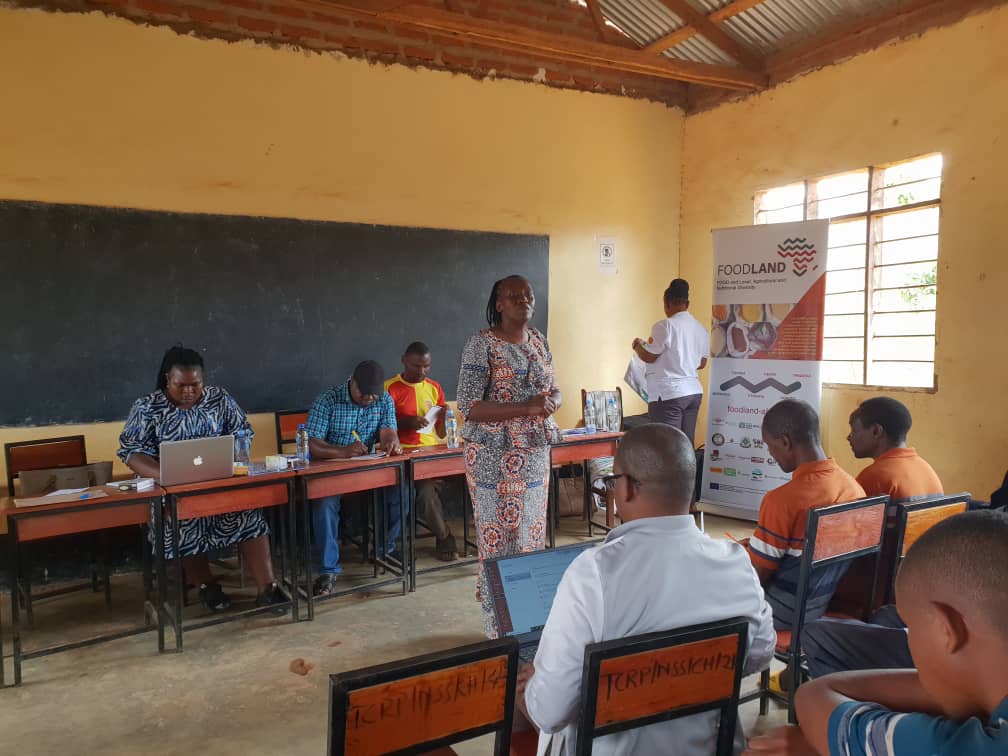
During September and October 2023, the FoodLAND partner Helvetas organised two training events for women empowering in the two regions where FoodLAND has established Food Hubs in Tanzania: Mvomero and Kilombero, and specifically, at Ndole and Mang’ula, respectively. It was also supported by researchers from the Sokoine University of Agriculture (SUA), a FoodLAND partner as well, under Principal Investigator, Prof. S. Nchimbi Msolla.
The training covered several topics, such as a general overview of the FoodLAND project, gender and sexuality, food and nutrition, the agricultural value chain (common beans), entrepreneurship skills, and how to form a cooperative. Over 300 people (189 male and 128 female), from different age groups attended the event at Ndole Village. It starts with a prayer, followed by a short introduction of each participant. The first session was a general overview of FoodLAND by giving them general objectives and main activities, especially those related to Mvomero Food Hubs. A food and introduction session was delivered by the district nutritional officer, whereby different topics were discussed, among them including five groups of foods, malnutrition and obesity, non-communicable diseases, and issues of portion size.
The third session was about gender; it was delivered by a gender expert from HELVETAS. It was one of the most interesting topics that brought a lot of good discussion. In the agriculture session, topics like good agriculture practices, selection of better seeds, application of fertilizers, and good harvesting and storage practices were discussed. The last two topics about entrepreneurship skills and cooperatives were delivered together. The trainers gave the basic skills of entrepreneurship, such as the cash book process, how to document the cost of production, and how to value addition, like proper cleaning and sorting, which will increase the price of common beans. In the case of a cooperative, the trainers just highlight the benefits of joining together, such as better prices and quality products.
A similar training workshop was done at Mang’ula (Kilombero). The topics were similar to those taught to farmers at Ndole village. The participants were 34 (21 male and 13 female).
